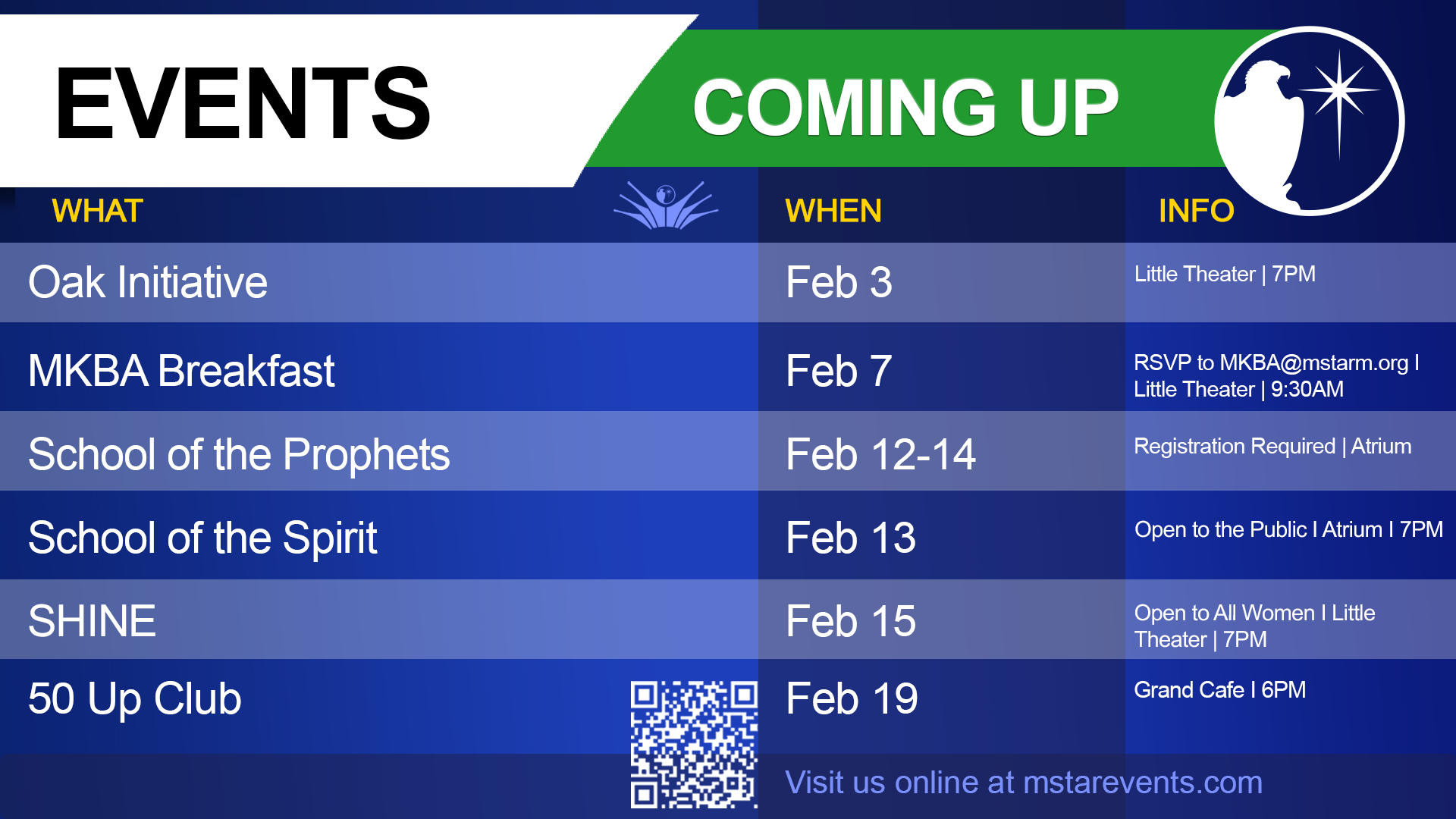As we covered, the Lord’s messages to His churches are especially directed to the overcomers and that is the nature we must seek. We must not yield to opposition but resolve to do the will of God, regardless of the difficulty or the threats seeking to stop us.
The seven churches the Lord addressed at the beginning of Revelation each had strengths that He commended them for, and all but one had major problems threatening their purpose as a lampstand. As we covered, the first church at Ephesus had lost their first love. Because of this, they were about to have their lampstand removed.
This is the first, most important thing we must guard against. The Lord gave the overcomers of this church the promise that they could eat of the Tree of Life. This is a revelation of how we overcome the tendency to lose our first love—we start eating from the Tree of Life instead of the Tree of the Knowledge of Good and Evil.
We must choose each day from which of these trees we’re going to eat. This was the subject of my first book, There Were Two Trees in the Garden, and it continues to be one of my most popular. It deals with how the Scriptures from beginning to end manifested this continual choice we must all make. The fruit of the Tree of the Knowledge of Good and Evil would have us base our relationship to God on religious performance rather than on the power of life found in Christ.
In a basic way, the evil spirit of this present evil age is the fruit of the Tree of the Knowledge of Good and Evil—the deadliest fruit that kills all who continue to eat from it. Eating from the Tree of Life—Christ—is the only antidote. To discern the difference in these two trees is not hard to understand, but to not eat of the deadly tree is not easy because it is contrary to the spirit of the age. Nevertheless, it is the first thing we must overcome if we are going to be the church we are called to be.
Loving God is the main thing. Those growing up into Christ are growing in love for Him. The love of God will cause us to have the nature of an overcomer. Any person except the one in love will eventually quit. I Corinthians13:8 states, “Love never fails.” This could be translated “Love never quits.”
We must grasp this great grace that we have in Christ. Regardless of how many times we fall, His love compels us to get back up and keep going. So we will likely be overcomers to the degree we know the love of God. Because of this we love one another. Working on all the fruits of the Spirit is good. To work on our patience, resolve, and faith is especially valuable for the overcomer, but far more important is always seeking to grow in love. This is the main thing that we must keep the main thing the whole time. We must love the truth, we must love people, and we must love the good gifts He has given us. Yet above all things, we must love God.
We are also told that the overcomers will eat from the Tree of Life in the midst of the Paradise of God (the Garden of Eden in which the Tree of Life was placed was also referred to as Paradise). Many tend to consider these promises to be for the “hereafter,” but they are not. As we will see, these promises are for the present. As stated, we choose which tree we will eat from every day, and we can eat from the Tree of Life now. Christ Jesus is the Tree of Life, and the bread and wine of communion represent how we can partake of Him now. If “we are what we eat,” we will become what we partake of.
Many promises in Scripture have been relegated to the millennium, or “hereafter,” by theologians or eschatologists who could not fit them into their eschatology of the present. We need to challenge many of these, and we will. Here’s one: we can live in the Paradise of God today. This is what we are called to do.
When the thief crucified with Jesus asked Him to remember him when He came into His kingdom, the Lord replied: “Assuredly, I say to you, today you will be with Me in Paradise” (see Luke 23:43). We are also told that Jesus did not go immediately to Paradise after His crucifixion. Rather, He went in the other direction, to those bound in hades. So what did He mean when speaking to this thief? The Greek word translated “will” in the verse above is esomai, also translated “may” or “can.” What Jesus was saying was that even hanging on the cross, he could be experiencing Paradise.
There is more to the revelation of what the Lord said to this thief. We can be assured that the little faith he demonstrated right at the end of his life enabled him to have eternal life, but the point here is that the name of the Lord is “I Am,” not “I Was” or “I Will Be.” To know Him we must know Him in the present, and we can be seated with Him on His throne in the heavenly places right now, while also walking on the earth.
This is important here because everything historically true and yet also in the future must be applied to our lives “today.”



